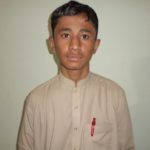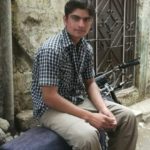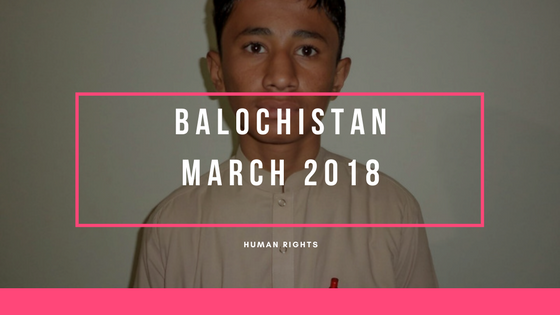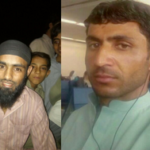Human rights situation in Balochistan remained grim in the month of March, as family members accuse Pakistan military of forcibly disappearing 80 persons and killing 28 during the month.
Military has been engaged in a ruthless counterinsurgency operation in Balochistan since 2004 to curb a separatist insurgency. Thousands of Baloch activists and sympathizers have been extrajudically killed and even more have been forcibly disappeared.
Military claimed to have arrested 23 ‘terrorists’ in Balochistan in March 2018 with huge cache of arms and ammunitions in six differed operations, part of Pakistan’s so-called Radd-ul-Fasaad or Anti-Terror operations. Out of 23, six were ‘arrested’ on 2 March, two on 12 March, four on 15 March, five on 18 March, two and four on 28 March 2018.
However, the security forces have not produced a single alleged ‘terrorist’ in a court of law, neither made the identity of any of them public.

The HRCB received partial details of 80 cases of enforced disappearances from six districts of Balochistan. Balochistan is divided into thirty-two administrative districts. There have been reports of enforced disappearances in almost all the districts of Balochistan, but HRCB could not get any access in the rest of areas of Balochistan for the confirmation of the cases, except those in six districts.
Eighty forcibly disappeared persons include, Mr. Asim Amin, a sixteen years old boy who was picked up by Frontier Corps, a paramilitary force of Pakistan, on 4 March 2018 in Turbat town of Balochistan. Asim was picked up in front of the public during a festival, Makkurán Mela, which was organized by military in full security.

Twenty-eight persons were killed by security forces during military operations, in the month. The killed person include Maher Ali, an IDP of Balochistan, who was living in Karachi, the capital city of Sindh. Mr. Maher was a resident of district Awaran in Balochistan. Awaran is perhaps the area where most of military operations occur with more intensity than other areas of Balochistan. In many operations military uses gunship helicopters and fire mortars on mountainous villages in Awaran. Maher Ali and his family left their native village and lived in Karachi after his father Mayar was killed in their native village in 2006. Maher stopped his education and started working to feed his family.
His mother said in a video statement that Sindh Rangers picked him up from the house on 14 November 2017. “They said they will release him after some investigations. When it took long, we filed a case in Sindh High Court. We appealed to the authorities through media, court and all means we could”, says Ms. Mah Bibi, the mother of Maher Ali.
In this fake encounter, Sindh Rangers killed five persons. All of them were forcibly disappeared by the force and were in their custody. One of five persons was a mentally ill person.
The excessive use of force by military has created a situation of helplessness among the people of Balochistan, on one hand and militancy is gaining more space on the other hand. Local militant groups used to say that “only way to save yourself and your family is to resist by using arms“.
The Islamist militant groups also gaining more space, as the state forces target secular nationalist elements in the region.


